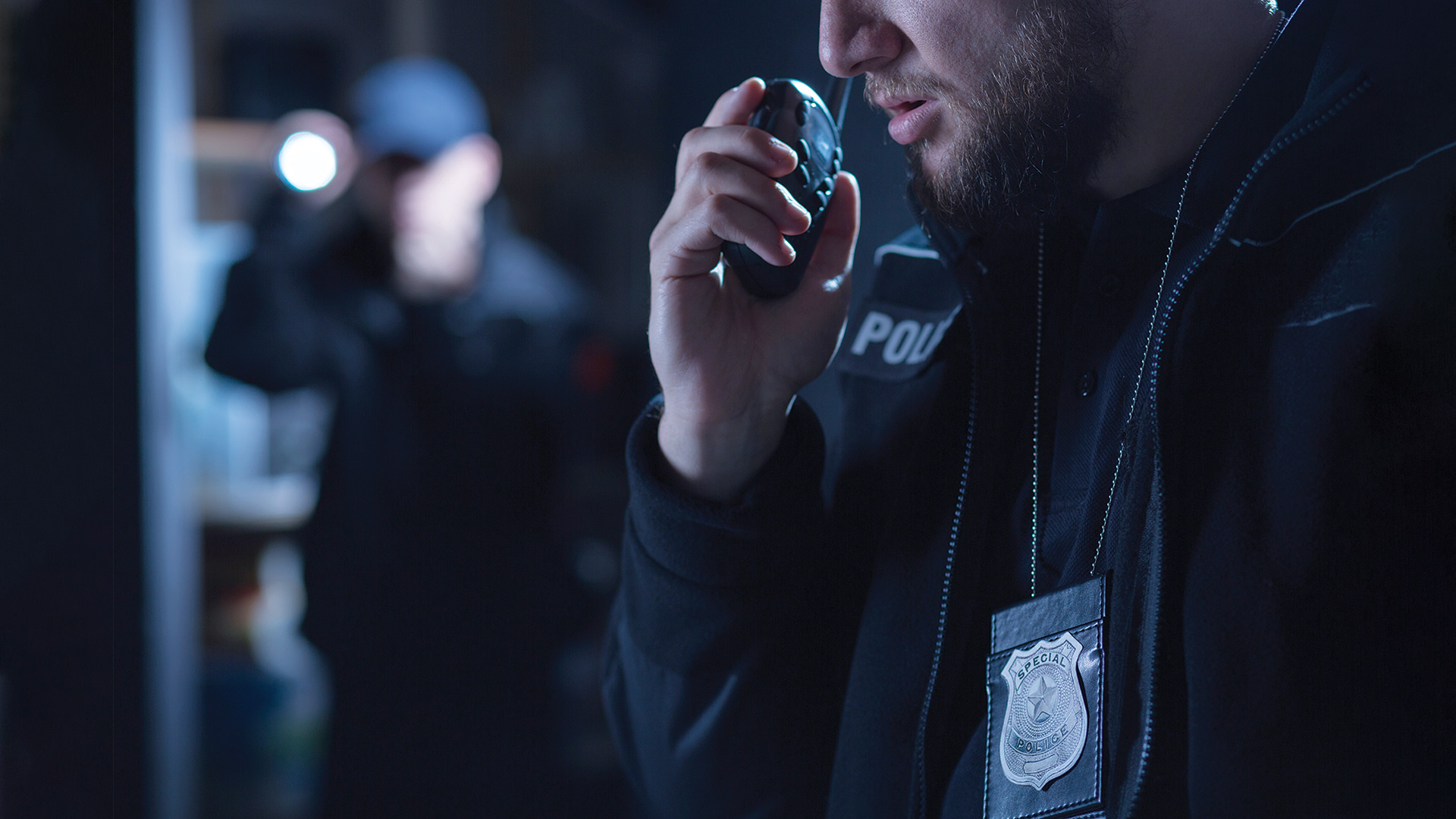[ad_1]
Navigating moral injury in policing

It was going to be another sleepless night, it seemed. He had done all the things he was supposed to do. He got rid of every ounce of light in the bedroom, the sound machine was on and the temperature was cool. He hadn’t had caffeine since noon, and he even used the breathing and meditation app his buddy showed him (it hadn’t turned him into a Birkenstock-wearing shaman yet, might as well keep at it). Still, her face wouldn’t leave his mind. The face of the woman he couldn’t save. The daughter’s scream was gut-wrenching on scene and deafening in his dreams. He would always wake up right before firefighters pronounced the woman dead, as if his mind was telling him that if he had just tried a little more, he could have saved her.
It had been three months of sleepless nights. He was used to running calls of all kinds with seven years on. Some calls stuck more than others. He remembered being told that this was “normal” back in the officer wellness portion of CIT training. He remembered that the job affects parts of the brain, and the brain sometimes needs space and time to heal. He remembered the wisdom the senior members of his department passed on when he was newer (something about whiskey, fishing and taking the long way home). He couldn’t understand why this call in particular haunted him. He had been to several suicides, why was this one different? After two months of thinking “fishing and whiskey aren’t going to cut it,” he decided to give therapy a try, and that’s where he first heard the phrase moral injury.
There is a time in most everyone’s career when stress is bound to get the better of you, at least temporarily.
Moral injury is defined as “the lasting psychological, biological, spiritual, behavioral and social impact of a perpetuating, failing to prevent or bearing witness to acts that transgress deeply held moral beliefs and expectations. Moral injury is the psychological trauma that occurs when an individual is forced to transgress deeply held personal beliefs, either through action or inaction.” For example:
- “It shouldn’t have been that house, or that family.”
- “Humans shouldn’t be capable of doing that to other humans.”
- “I had to choose who to render aid to. They both needed my help.”
- “I was supposed to stop it.”
In law enforcement, you sign up to do what most people can’t. Solving other people’s problems; stopping bad guys, saving good ones. Between the demands of the job and the things that you experience, there is a time in most everyone’s career when stress is bound to get the better of you, at least temporarily. Sometimes you can’t sleep, you can’t eat (or eat too much) or have moments of paralyzing anxiety. When you are navigating a call where there was a moral injury, you might find that the symptoms — however your brain and body show you that you are not OK — stick around for longer than you might otherwise expect. It’s almost like an itch that’s constantly there — you don’t always think of it, but when you do, it’s hard to take your mind off of it.
If you find yourself wondering why a particular call keeps haunting you, think about if it was one that tested your faith, compromised your values or didn’t meet your expectations. Think of it this way: Have you ever fallen off the workout wagon? Let’s pretend you haven’t worked out for a while — a long while. One day you wake up and decide today is the day to get back into it and you decide to do 400 sit-ups. You are probably going to be sore for a few days afterward. To be expected. You don’t even think twice about it. If, however, the soreness increases over time or doesn’t go away after a reasonable amount of time, you might need to start to pay attention. Maybe you haven’t given your body adequate time to heal. Maybe you kept working out because you were adamant you weren’t falling off the wagon again. Maybe you were injured more deeply than you realized and ought to see a specialist.

As a profession, we must start thinking in a similar way about moral injuries. The major difference between choosing to do 400 sit-ups and police work is you don’t get to choose to not go to calls. While you’re healing from the injury you still have to work, and while working you are adding more injuries (potentially) on top of the one you already have. You’re less likely to talk about the pain of the injury with your colleagues and friends, and you may not even be able to identify why you are feeling sore in the first place. Remember, the brain sometimes needs space and time to heal — and in this profession, if you are not intentional about making that happen, it doesn’t.
So what can you do? You recognize “that call” that has been waking you up at night is a moral injury call. First, recognize it’s OK to be affected. It’s OK that you aren’t sleeping, or that you avoid that particular overpass or that you find comfort in a pint of ice cream (at least get yourself good ice cream). What isn’t OK is that you never sleep, never drive and only eat ice cream … for breakfast. You would do well to talk about it with someone. A trusted peer support member can help normalize what you are experiencing and can tell you, “Of course that call sucked, 76-year-old women aren’t supposed to commit suicide, but having nightmares three months later … it sounds like it’s getting worse and not better. Have you ever talked with a culturally competent therapist?”
Talking about the call with a trained professional helps a lot. You don’t have to bear the burden alone. Can you? Sure, probably. But you don’t have to. There is immense power in offloading your thoughts and feelings within a trusted environment with a trusted professional, especially with injuries that can be soul-crushing.
He had been in therapy now for a couple of months. He was able to talk about the call — at length — and the impact it had left on him. The woman he found had chosen to commit suicide because the insurance company told her she would no longer have her medications covered. Rather than burden her family with helping her navigate the system (she was already going blind and couldn’t remember things very well), she chose her own way out. These days when he thinks about the call, his heart rate doesn’t skyrocket, and he doesn’t start sweating. When he hears the daughter’s scream, he recognizes it’s there, but it isn’t as loud or as long and doesn’t wake him up, except for maybe once in a while. He understands the why. He doesn’t agree with it, but he understands and has come to peace with it. He’s still kind of an asshole when talking with insurance companies, but he’s also still very much OK with it, and in some small way, he feels as though he’s fighting the fight she wasn’t able to. He was healing. No Birkenstocks required.
[ad_2]




